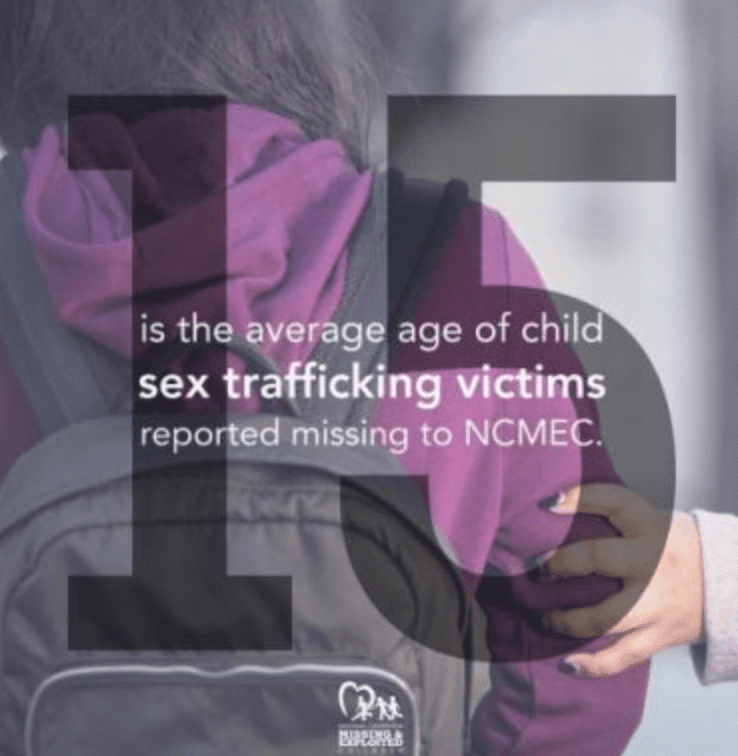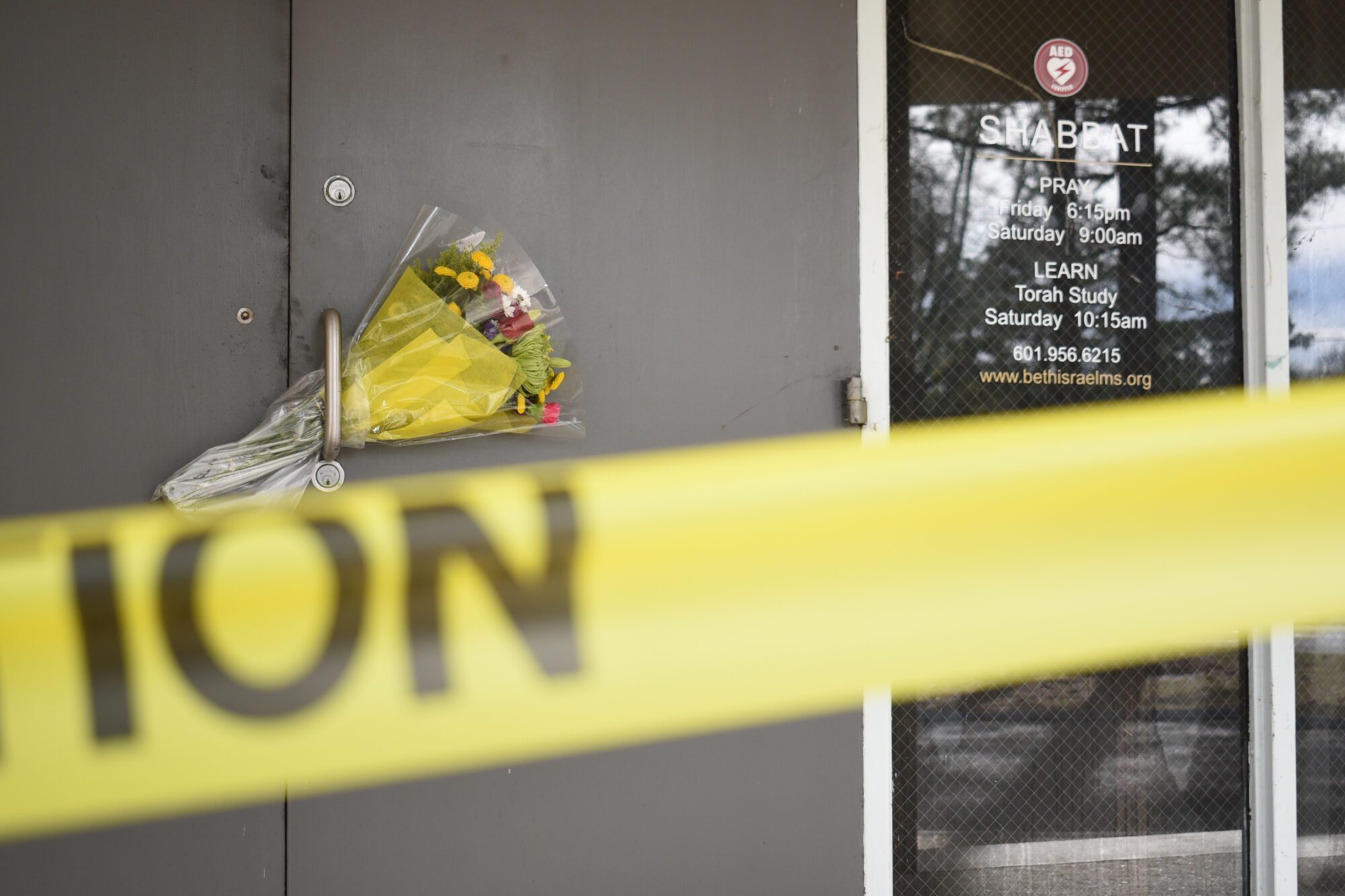
In just one year three task forces across the state of Mississippi have pursued investigations resulting in nearly a dozen human trafficking charges, more than 75 promoting prostitution charges, 6 exploitation of a minor charges, and the recovery of 4 missing children.
With statistics like that, you cannot deny that human trafficking is a present evil in the state of Mississippi.
House Bill 571 authored by Speaker of the House Philip Gunn is expected to be one of the most talked about bills of the Session after Gunn made known that tackling this issue was of the utmost importance to him this year.
“Human trafficking is happening all around us,” said Speaker Philip Gunn. “My goal this session is to increase awareness about all forms of human trafficking—labor and sex trafficking. We can achieve this in several different ways. We must strengthen our agencies to empower survivors and treat them with dignity.
Here are some highlights of the bill:
- It clarifies what is already in the Mississippi Human Trafficking Act and enforces that a minor cannot be charged with prostitution, regardless of circumstance. In addition, any law enforcement officer that comes across a minor that they believe is being exposed to prostitution is authorized to take them into protective custody.
- Child Protection Services (CPS) would be officially added to the list of departments able to investigate, place, and rehabilitate victims of trafficking. They would also offer training within the 12 minimum hours required for Foster families.
- Require a minimum of two hours of training for law enforcement officers (included in regular training).
- Move the State Human Trafficking Coordinator position to the Mississippi Bureau of Investigation (also moving funds allocated in Section 11 to MBI) and require law enforcement to add this position as a contact.
Shared Hope is the organization that Speaker Gunn’s office has been working closely with since last year to establish how the state addresses the issue of human trafficking or as defined in the bill Commercial Sexual Exploitation of a minor. They provided guidance on what the legislation should include this year to improve the states standing. The organization operates on a three-pronged approach: Prevent, Restore, and Bring justice.
The legislation presented by the House delegates responsibility for an approach similar to Shared Hope’s to Mississippi’s Child Protection Services in correlation with other organizations and with the State Human Trafficking Coordinator. While the legislation implies that CPS would be the governing agency over the cases, Representative Cockerham, Chairman of the House Judiciary B Committee said it would act more as a part of the group.
“Right now you have multiple teams that didn’t include CPS, so it is now added to that group. CPS would now be able to investigate according to the bill,” said Cockerham. She went on to explain that when the Speaker held the Human Trafficking Summit several stakeholders expressed concerns that all agencies needed to be brought to the table when it comes to eradicating the problem, particularly agencies that involve children.
The bill reads:
TO REQUIRE THE DEPARTMENT OF CHILD PROTECTION SERVICES TO INVESTIGATE AND PROVIDE ANNUAL REPORTS OF COMPLAINTS OF COMMERCIAL SEXUAL EXPLOITATION AND HUMAN TRAFFICKING; TO AMEND SECTION 43-21-353, MISSISSIPPI CODE OF 1972, TO INCLUDE THE DEPARTMENT OF CHILD PROTECTION SERVICES AS AN AGENCY TO BE CONTACTED IN THE MANDATORY REPORTING PROVISIONS;
Sandy Middleton, Executive Director for The Center for Violence Prevention, said she is very optimistic about how the legislation could dramatically improve Mississippi’s attack on human trafficking. She said putting these statutes and regulations on paper for CPS to follow would allow for a better record of investigating and prosecuting those who should be held accountable for this type of abuse.
Middleton reported that at The Tower, which is the Center’s human trafficking arm, they received 31 crisis calls and 85 referrals just last year. Seven women sought shelter at The Tower. 15 women participated in outreach services and rapid responders responded to 32 calls.
The Tower staff also participated in 12 meetings with the Central Mississippi Human Trafficking Task Force and six meetings with the newly formed Pine Belt Anti-Trafficking Task Force. Not to mention, the 84 education and awareness events they hosted across the state.
“We must have consistent identifying measures (among law enforcement, educators, etc.) and responses to exploitation situations,” Speaker Gunn said. “We must remove barriers to identification—exploitation is not inevitable.”
Within the current Mississippi Human Trafficking Act, it does not allow for minors to be charged with prostitution when human trafficking is involved. The new law would not differentiate between cases, minors would not be able to be charged with prostitution under any circumstance. In addition, often times there were no options for law enforcement when it came to helping these children get out of a trafficking situation. Cockerham said the statutes within HB 571 would allow for law enforcement to provide services that the youth need under the immunity.
“Law enforcement would now be able to get this emergency protective order for our children,” said Cockerham. “The previous statute didn’t give this kind of authority, so even though our law enforcement didn’t want to they’d have to send the youth back to the environment they had come.”
While the legislation ensures that everyone is included, Middleton urges that the investigations into these traffickers be left up to law enforcement.
“If you really want victims to be found and traffickers to be arrested, the best option we have at this point is to expand the Mississippi Bureau of Investigations (MBI) team with five additional investigators who can work throughout the state with existing human trafficking task forces,” said Middleton. “These investigators will make up a “Special Victims Unit” and will mirror other state’s success in working through the state police agencies. This is not currently addressed in the bill.
The state’s task forces have also responded to and supported investigations throughout the state uncovering numerous minor and adult victims. With the assistance from The Center’s Rapid Responders, victims identified were offered safe housing and other supportive services for their treatment and recovery.
Currently, MBI is investigating 15 cases and have participated in four sting operations that resulted in 17 arrests and the recovery of four minor victims. With the change of the State Human Trafficking Coordinator position to MBI, the primary law enforcement agency investigating these cases would keep that position in house.
The position was previously held at the Attorney General’s office.
The Coordinator is responsible for tracking any reports of alleged commercial sexual exploitation of a child, evaluate state efforts to combat human trafficking, promote public awareness, collect data and various other things.
Currently, there is no fiscal note attached to the legislation. Sarah Bendtsen, Policy Council with Shared Hope, said this is a struggle states all across the nation are experiencing. Lawmakers are passing good policy, but there is a lack of funds nationwide to ensure practice.
“The bill is only as strong as the policy that is able to influence and put into practice,” said Bendtsen. However, she said there is always potential for appropriation to be added at a later date.
Cockerham said the primary concern is to require law enforcement and first responders to maintain additional human trafficking training amongst their already mandated officer training, which would not require any additional money.
“Later on will there probably down the road be more financial assistance that is coordinated with this particular piece of legislation, we are hoping so,” said Cockerham. “But right now there is no fiscal note attached to it because what we were trying to do was address policy concerns that could help make our laws strengthened to help you.”
The committee substitute was passed during the House Judiciary B Committee on Monday, and the bill is expected to appear on the floor sometime this week.















